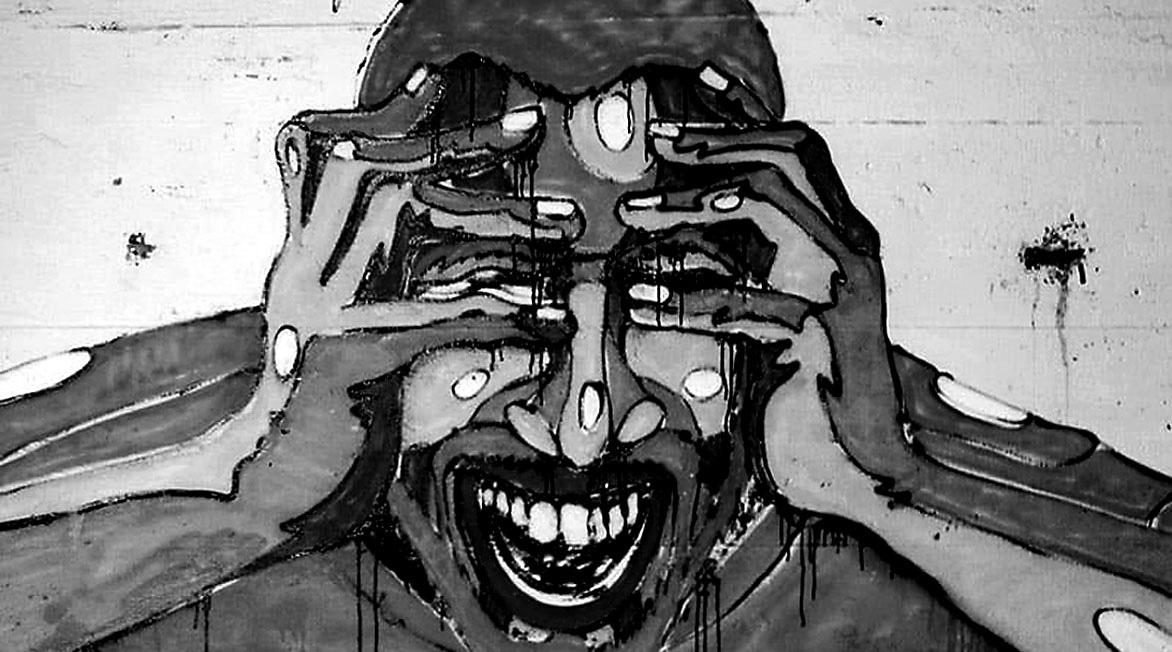Xanthe Hunt is a senior researcher at Stellenbosch University, Prof Mark Tomlinson is the co-director of the Institute for Life Course Health Research with Hunt. Elsie Breet is a researcher there. Prof Dan Stein is director of the Stellenbosch University/University of Cape Town South African Medical Research Council Unit on Risk and Resilience in Mental Disorders.
The origins of mental health problems are something that society tends to situate squarely within the individual. Whether you are happy or sad or somewhere in between tends to be presented — in much of psychology and the popular imagination — as determined by internal forces. Genes, developmental history, neurochemicals gone awry: internal, individual-level explanations for human well-being dominate our attributions about, and responses to, mental health problems.
There is good reasoning for this. Huge fields of research have documented the profound role which biological influences play in mental health. What happens in our childhoods gets “under our skin” quite literally, embedding our earliest experiences in the very architecture of our bodies and influencing the way we respond to our worlds for the rest of our lives.
Yet, in a country like South Africa, where stressors in our environment like crime, violence and poverty are ubiquitous, the role of social and economic forces in people’s wellbeing should be emphasised. In the context of the Covid-19 pandemic, issues such as poverty and hunger are key to our nation’s mental health.
A depressed nation
New data collected from the National Income Dynamics Study — Coronavirus Rapid Mobile (Nids-Cram) survey support this contention. Findings from the broadly representative survey of 7,000 South Africans show that depressed mood and hunger are closely linked. This is seen from its first administration in May 2020 to the fifth and final round of data collection this past May.
First, 29% of South Africans are reporting depressed mood. That is, their responses to the two mental health questions in the Nids-Cram survey indicated that they are feeling sadness and have lost interest in things they used to enjoy and that these feelings have endured over the past week.
Second, 52% of South Africans have — at some point since the first round of data collection for Nids-Cram in May last year — reported depressed mood. So, while at any given data collection point between a quarter and a third of people (roughly) said that they were feeling distressed, over half of all South Africans have felt distressed at any one time.
This means that different people are reporting low mood, rather than the same group of people who are constantly experiencing psychological distress. To explain briefly, imagine you ask Sal, Naledi and Sadie how they feel, once every three months for nine months. Every time you ask, you find that two-thirds of your sample is feeling down. One of two things could be happening here.

In the first example, only two thirds of the sample has ever reported depressed mood. But in the latter example, 100% of the sample had reported depressed mood at some time.
The hunger link
In the context of the Nids-Cram findings, what this suggests is that something — some force or factor — is causing the group of people reporting depressed mood to “churn”, and its composition of individuals to change over time. This brings us to our third point.
Hunger is significantly associated with reporting low mood at all rounds of the Nids-Cram survey. People reporting that they live in a household where members are going hungry are more likely to report depressed mood than people in households not experiencing hunger. Depressed mood is most likely among respondents reporting that there was hunger in a household and a child was among the members going hungry.
Hunger is not the only driver of low mood: a range of environmental variables (ones which often co-occur) like job type, unemployment and loss of household income are also significantly associated with depressed mood. For instance, in cases where people had not experienced depressed mood in November 2020, they were more likely to go on to report depressed mood in May 2021 if they had reported job loss in February of 2021.
Just add food
But hunger is particularly important because it is profoundly actionable. One can argue that job creation takes time, that helping the economy bounce back from the crisis will be a slow process, that people’s employment will remain precarious. Ensuring people have access to food is not subject to similar equivocations.
Cash transfers, social protection, feeding schemes, soup kitchens — there is a range of solutions to the problem of hunger which can (and based on this evidence should) — be rolled out to the South Africans who need them, right now.
Quicker and wider vaccination, with early ends to lockdowns, will also contribute to the reduction of hunger.
Mental health is one reason to ensure people eat, but stunting, wasting, malnutrition and death offer additional immediate motivators for action. However, depressed mood is a key target, as it associated with a range of impairments (for example in social and work functioning), and also with more severe physical illness.
Improving national mental health is a rational and cost-efficient investment, also during epidemics. Modifiable factors which drive mental health problems and distress need to be targeted by government especially when those factors are also basic human needs. DM/MC
This article is more than 4 years old
South Africa
Hunger and depression in the pandemic: Why government must target food security to improve South Africa’s mental health
Nearly 30% of South Africans have been experiencing low moods or sadness. Since our first Covid-19 lockdown, more than half of the country’s citizens have at some point reported mental distress — and it is those who are hungry who are most at risk. It is also an eminently actionable problem.




